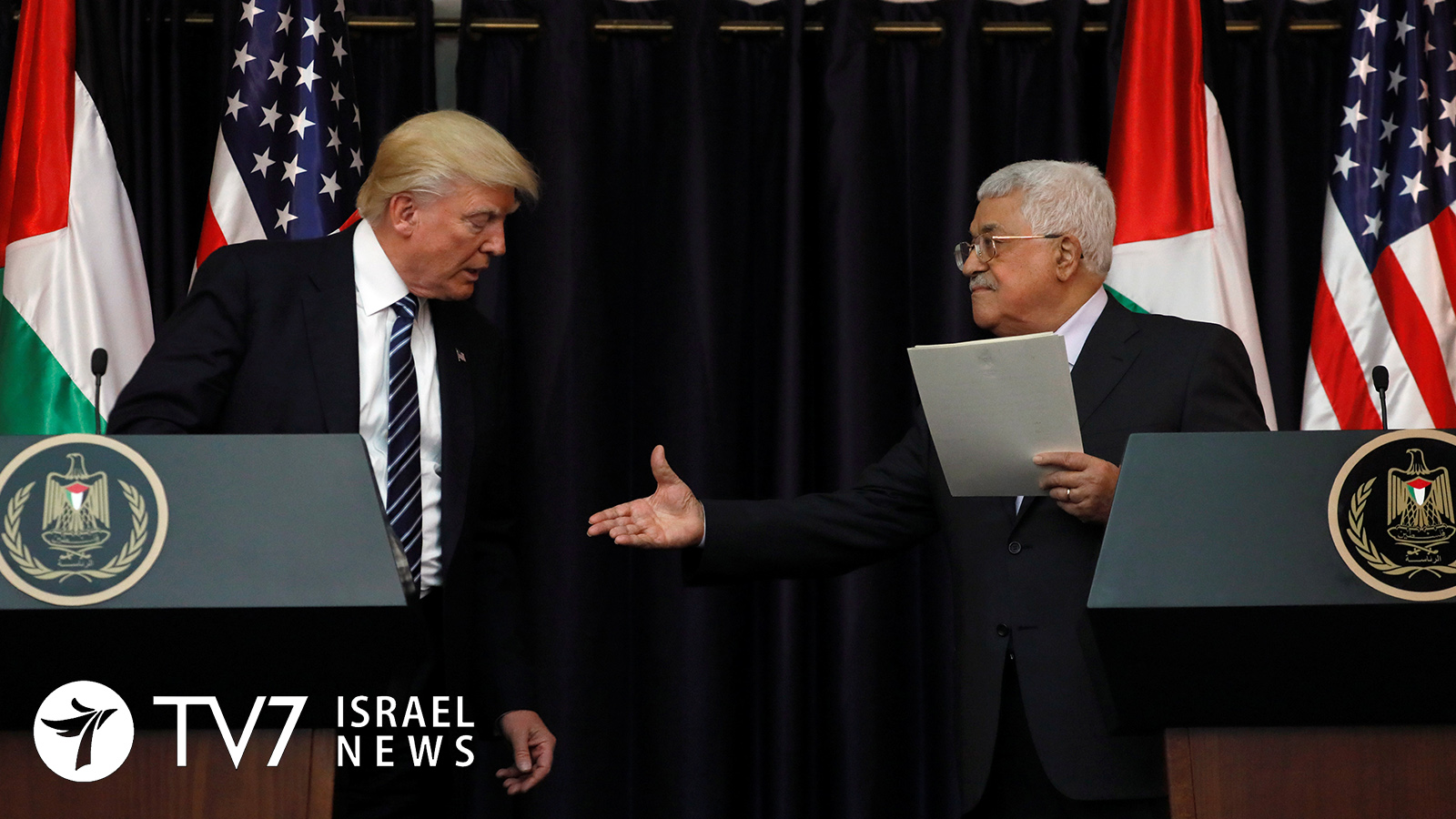Senior White House Advisor Jared Kushner said the United States is willing to engage with Palestinian President Mahmoud Abbas, but hinted a new peace plan might call on Palestinian refugees to settle where they are and not return to lands now in Israel.
At a workshop in Bahrain last week, Kushner unveiled a $50 billion economic plan for the Palestinian territories, Jordan, Egypt and Lebanon. In his latest remarks, the son-in-law of U.S. President Trump revealed that he would disclose more about the administration’s economic plan “probably next week.”
Sometime later this year, he is also set to outline a 50- to 60-page page proposal containing strategies to resolve the thorny political issues in the decades-old dispute between the Israelis and the Palestinians.
Palestinians have harshly criticized the economic plan.
In a conference call with reporters, Kushner said U.S. President Donald Trump is “very fond” of Abbas and willing to engage with him at the right time, adding “Our door is always open to the Palestinian leadership.”
The senior U.S. official voiced his belief that Abbas wants peace, but said “certain people around him are very uncomfortable with the way we’ve approached this, and their natural reaction is to attack and say crazy things” that are not constructive.
Kushner’s comments on the ‘refugee issue’ are likely to raise concerns among Palestinians. Whether the hundreds of thousands of refugees from the 1948 war of Israel’s founding, which with their descendants now number around 5 million, will exercise a so-called ‘right of return’ has been among the most intractable matters in previous attempts of difficult diplomacy.
Israel has long ruled out any such influx as destabilizing, and argued that refugees should stay where they are or resettle in a future Palestinian state. But prospects of such a state arising in the occupied West Bank and the Gaza Strip are themselves in doubt.
Asked by a Lebanese reporter whether the United States hoped Arab countries hosting Palestinian refugees would accept them permanently in exchange for funding, Kushner declined to answer directly, saying the matter would be addressed later. He then suggested a comparison between Jews displaced from Middle Eastern countries in 1948, the majority of whom were taken in by Israel.
“Look, you have a situation when this whole thing started where you had 800,000 Jewish refugees that came out of all the different Middle Eastern countries and you had 800,000, roughly, Palestinian refugees,” he said, adding “And what’s happened to the Israeli – to the Jewish – refugees, is they have been absorbed by different places whereas the Arab world has not absorbed a lot of these refugees over time.”
Kushner went on to say “I think that the people of Lebanon would love to see a resolution to this issue, one that is fair. And I also think that the refugees, the Palestinian refugees who are in Lebanon, who are denied a lot of rights and who, you know, don’t have the best conditions right now would also like to see a situation where there is a pathway for them to have more rights and to live a better life.”
Israeli Prime Minister Benjamin Netanyahu has long suggested a demographic tradeoff between Jewish and Palestinian refugees.
Nikki Haley, the former U.S. ambassador to the United Nations, said during a Jerusalem visit last week that Washington has its own figure for Palestinian refugees. She told a conference hosted by the conservative Israel Hayom newspaper that “The number of actual Palestinian refugees is classified,” but that “There are multiple people working to get it unclassified.”
